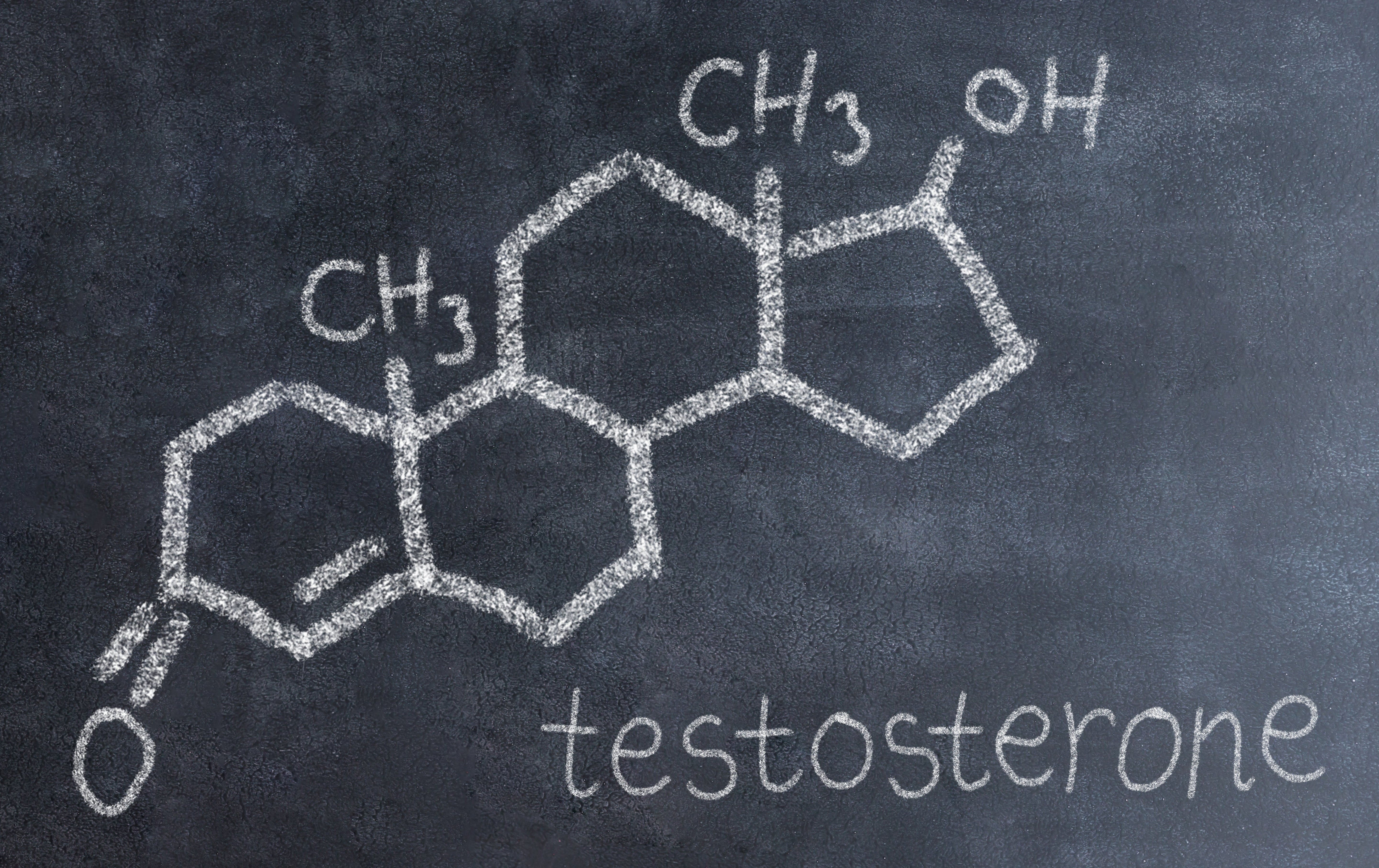Nicotine has a variety of effects on the body and also influences hormone release. One of these hormones is testosterone, which is especially important for rapid muscle growth. We want to explain how nicotine intake affects your testosterone levels and what impact smoking has on your muscle mass.
What role does testosterone play in the body?
Although testosterone is often called the male hormone, it is also produced in the female body. During puberty, the hormone ensures the development of primary sex characteristics and the increase of body hair.
Testosterone also plays a key role in muscle building because it has an anabolic effect and releases growth hormones that stimulate protein synthesis. A high testosterone level in the body also stimulates the production of red blood cells, which are responsible for rapid oxygen transport. Better oxygen supply increases performance and enables your muscles to work longer. At the same time, you won’t tire as quickly, and your muscles recover faster after training.
In contrast, a lack of testosterone leads to listlessness and fatigue. In the worst case, deficiency is even linked to depression and panic attacks.
Key functions of testosterone at a glance:
● Development of sex characteristics
● Enhancement of protein synthesis
● Improved oxygen delivery
● Release of growth hormones
● Increase in muscle mass
● Boost in performance and motivation
● Bone strength
● Increased sebum production and improved hair growth
What can cause testosterone fluctuations?
Fluctuations in testosterone are completely natural: levels are highest in the morning and gradually decline throughout the day.
Aside from this circadian rhythm, many factors can significantly affect testosterone production, such as stress, lack of sleep, obesity, heavy alcohol or cigarette use, and poor nutrition.
Certain diseases—like cardiovascular disorders, osteoporosis, and diabetes—also reduce hormone production. Additionally, aging lowers testosterone levels: men over 70 may have only two-thirds of their original levels. Regular exercise, quitting alcohol and smoking, healthy eating, weight and stress reduction, and good sleep can naturally boost your testosterone.
Nicotine and testosterone
The exact relationship between nicotine and testosterone is not yet fully understood. Some studies show increased hormone release, others find the opposite.
Nicotine is often linked to performance enhancement due to increased adrenaline. However, smoking is harmful to muscle growth: cigarette toxins stimulate myostatin production, which inhibits muscle growth. They also constrict blood vessels, reduce lung capacity, and decrease oxygen transport. Muscles then receive less oxygen and recover slower.
If muscle gain is important to you but you can’t give up nicotine, smokeless options like chewing bags or nicotine pouches are a better choice—they have far less detrimental health effects than cigarettes.
Nicotine use can lower testosterone
Testosterone is a crucial hormone, especially in men. It governs development of sex characteristics, bone strengthening, and release of growth hormones.
It’s also vital for muscle building—boosting protein synthesis and aiding oxygen transport in the blood. Testosterone deficiency can cause fatigue, lack of motivation, and depression. Production can be reduced by poor diet, stress, sleep deprivation, and alcohol or cigarette use.
As mentioned, the exact effect of nicotine on testosterone remains unclear. Some studies report increased levels, others contradictory findings. Healthy diet, exercise, restful sleep, and quitting alcohol and smoking can improve testosterone production long-term.


